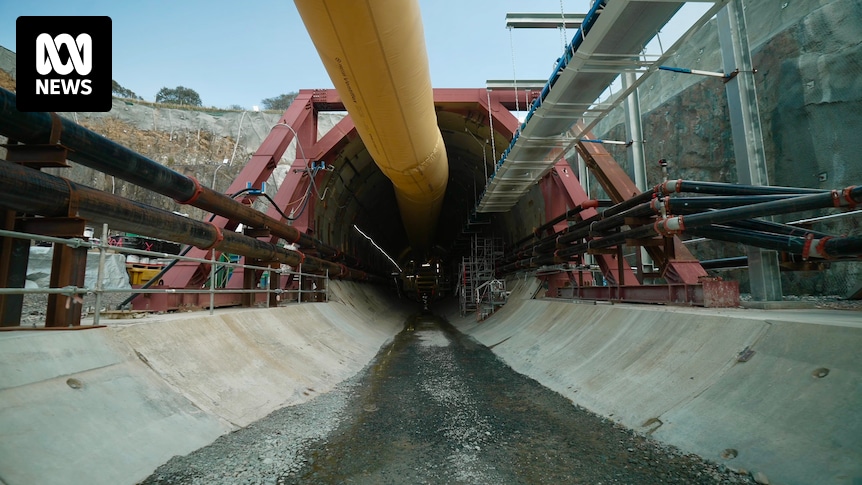[ad_1]
The Australian Electoral Commission has warned it has limited scope to protect voters from deepfake videos and phone calls imitating politicians in upcoming elections.
It comes after concerns about AI being employed during elections overseas, including in the USA and South Korea.
Australian Electoral Commissioner Tom Rogers says deepfakes that are political in nature are not currently prohibited under Australia’s electoral laws.
“If those messages were authorised, duly authorised, they do not fall afoul of the electoral act currently,” he told a Senate committee investigating AI technologies.
The AEC can act when misinformation is spread about the electoral process but has limited powers to intervene over political material.
Mr Rogers said generative AI — the technology responsible for most deepfakes — was a growing issue for elections, here and abroad.
“It is absolutely happening at an accelerated rate, particularly as our understanding of this technology increases,” he said.
Greens calling for action
Greens senator David Shoebridge said regulators needed stronger powers to take down deepfake content.
“It’s not unlawful to produce deepfakes in our election system. Now, just think about what that might mean,” he said.
“If there’s a barrage of deepfake voice recordings, going into marginal seats in the last few days before the election, that’s a very real and present danger.”
He was concerned voters could be fooled by generative AI content, which was getting more realistic every month.
“It’s one thing to see an unethical player lying about their political opponent and creating a false narrative about their political opponent. It’s quite another thing to get your political opponent to lie themselves and to generate the lies being told out of the mouth of your political opponent.
“That’s what deepfakes will permit unless we take some urgent regulatory action.”
AI plays politics around the world
Prior to the New Hampshire primaries in the US this year, a robocall using a fake Joe Biden voice urged voters to skip the election.
And ahead of the most recent Indonesian general election, an AI-generated video of deceased former president Suharto appeared on voters’ social media feeds, endorsing his former party.
This year, South Korea introduced legislation banning the use of AI-generated deepfake videos in election campaigns.
Senator Shoebridge quizzed the AEC on whether it considered that a positive step Australia could take.
Mr Rogers said legislating new rules was a matter for the federal parliament, but noted the commission would monitor the progress of the South Korean initiative.
“I don’t know whether they have some sort of internal capability, or they’re relying on other agencies within the South Korean government to be able to [detect deepfakes], but we will follow up at a point to see how that’s going.”
Calls for labelling and education
Mr Rogers raised the prospect of political parties and candidates signing a voluntary code of conduct agreeing to clearly mark generative AI-produced content.
“Some overseas election management authorities have asked candidates and parties to sign a voluntary code of conduct, where they agree to declare what they’re doing with artificial intelligence,” he said.
“It’s voluntary, but that’s something that we could introduce. We don’t need legislation for that.”
It is an idea Senator Shoebridge supports.
“I think developing a very clear code that we can all look at in advance, and then sign on to, which is based in ethical principles, is a good starting point,” he said.
Mr Rogers stopped short of recommending a total ban on generative AI content by political candidates during elections but said there remained an urgent need for Australians to be more digitally literate.
“I do think there’s an urgent need for education for our citizens, and I mean urgent need for digital literacy through to regulation at the other end,” he said.



